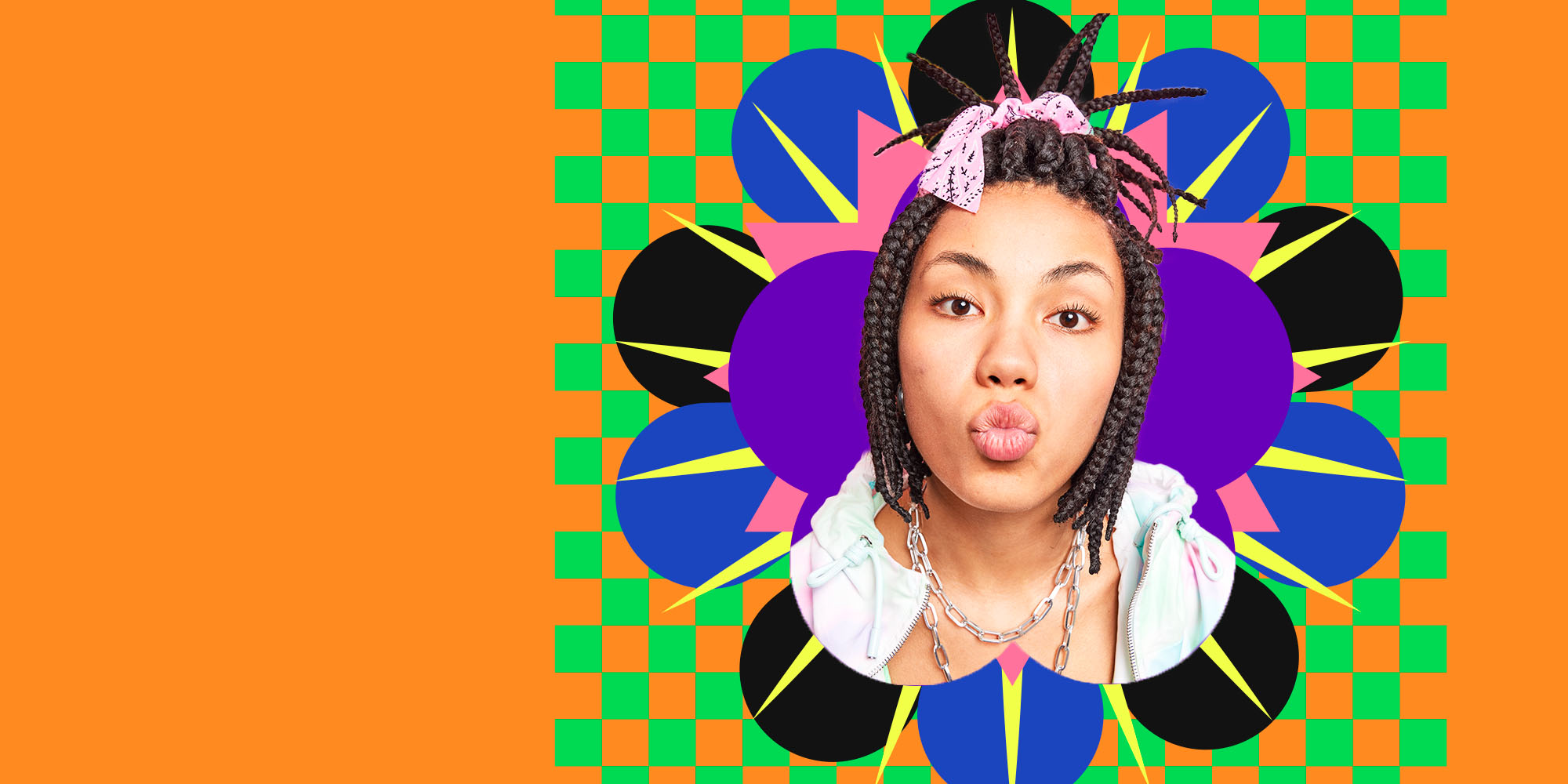DON'T MISS ANYTHING!
Subscribe to our newsletter
Lorem ipsum dolor sit amet, consectetur adipiscing elit.
Listeners:
Top listeners:
LISTEN NOW: JafriQ Radio Live On Jafriq Radio
[ad_1]
The semi-final clash between the Super Eagles of Nigeria and the Bafana Bafana of South Africa has created a tense atmosphere among citizens of both countries. There is a palpable fear of xenophobic attacks against Nigerians living in South Africa in the event that Nigeria beats South Africa to qualify for the final of the 2023 African Cup of Nations in Côte d’Ivoire. This fear is amplified by the advisory on safe conduct issued by the High Commission of Nigeria in South Africa, both before, during, and after the match.
The advisory was issued after some South Africans took to social media to issue veiled threats, stating that they would “show pepper” to Nigerians if South Africa lost. There is concern that these threats may be carried out if South Africa loses. Although the South African government has responded to the advisory from the Nigerian High Commission in South Africa, in its statement on Tuesday, South Africa’s Department of International Relations and Cooperation (DIRCO) stated that there is “no history of soccer hooliganism among South Africans” at matches against Nigeria.
“We are confident that the sports-loving nation of South Africa poses no threat to Nigerian citizens, and we do not agree with the apprehension expressed by the High Commission,” DIRCO added.
“The advisory is regrettable because it seems to create alarm and unnecessary tension between the citizens of South Africa and Nigerians living in or visiting South Africa.”
Given that there is no history of soccer hooliganism among South Africans in matches against Nigeria, but there is a history of unprovoked xenophobic attacks against Nigerians in South Africa, it’s understandable that the High Commission issued the advisory as a precautionary measure. After all, a stitch in time saves nine.
Xenophobia in South Africa isn’t a new phenomenon but rather a persistent issue deeply ingrained in its history and society. Amidst socio-economic frustrations, South Africans often redirect their grievances towards foreigners from Nigeria and other African nations, accusing them of usurping job opportunities and relationships, rather than holding their government accountable.
Yet, it’s disheartening to witness even the beautiful game of football, meant to unite and foster camaraderie, succumb to the insidious grip of xenophobia. Typically, football competitions between countries or teams should evoke an atmosphere of excitement, not instill fear of reprisal in the event of a loss, as is the case with Nigeria vs. South Africa.
The situation was so dire that after Nigeria defeated Angola to move to the semifinal of the Nations’ Cup, some Nigerians started praying and wishing for Cape Verde to defeat South Africa. They preferred to play Cape Verde rather than South Africa because if the Super Eagles eventually defeat the Bafana Bafana of South Africa in the semifinal, Nigerians in South Africa may likely suffer the consequences. South African citizens may vent their frustration on them rather than their players, even if their performances were lackluster.
Now, Nigerians in South Africa have been advised to keep quiet and not engage in wild jubilation if the Super Eagles emerge victorious. Even Nigerians at home have been advised not to taunt South Africans as they did with Cameroon and Ghana on social media. However, football has a spirit of its own; while you may refrain from jubilating or celebrating wildly, the football spirit may not allow you to ‘breathe’. You would forget that you were advised not to shout “goaaal” if either Victor Osimhen or Haroona Lookman or any other Super Eagles’ player scored the winning goal at the dying minute to send Nigeria through to the final.
But I hope the South African government and its people understand that this does not bode well for their country. Whenever I hear sad news like this one from South Africa, I feel a pang of sorrow for Nelson Mandela. Though I may not have been born when he fought the apartheid regime to a standstill, I have read his autobiography, “Long Walk to Freedom,” and know the suffering he and his fellow freedom fighters endured to secure the freedom South Africans enjoy today.

Get the latest in African news delivered straight to your inbox
Almost finished…
We need to confirm your email address.
To complete the process, please follow the instructions in the email we just sent you.
There was a problem processing your submission. Please try again later.
Unfortunately, xenophobia, like a deadly virus, is fast erasing the good legacies of love, forgiveness, and peaceful coexistence that Madiba left behind. The spirit of Ubuntu, which emphasizes humanity and compassion, has been thrown to the dogs. As the old proverb goes, “A house divided against itself cannot stand.” Likewise, a nation divided by xenophobia cannot thrive, and its unity and strength crumble in the face of hatred and intolerance.
Whatever happens in the match between Nigeria and South Africa today, may common sense prevail.
[ad_2]
Source link
Written by: jafriqradio
africa Business current events economy news Nigeria Politics Soccer South Africa Southern Africa Sport sports trade travel West Africa

For every Show page the timetable is auomatically generated from the schedule, and you can set automatic carousels of Podcasts, Articles and Charts by simply choosing a category. Curabitur id lacus felis. Sed justo mauris, auctor eget tellus nec, pellentesque varius mauris. Sed eu congue nulla, et tincidunt justo. Aliquam semper faucibus odio id varius. Suspendisse varius laoreet sodales.
closeLorem ipsum dolor sit amet, consectetur adipiscing elit.
© JAfriq RAdio 2024 All Rights Reserved. By Octagram, Inc
Post comments (0)